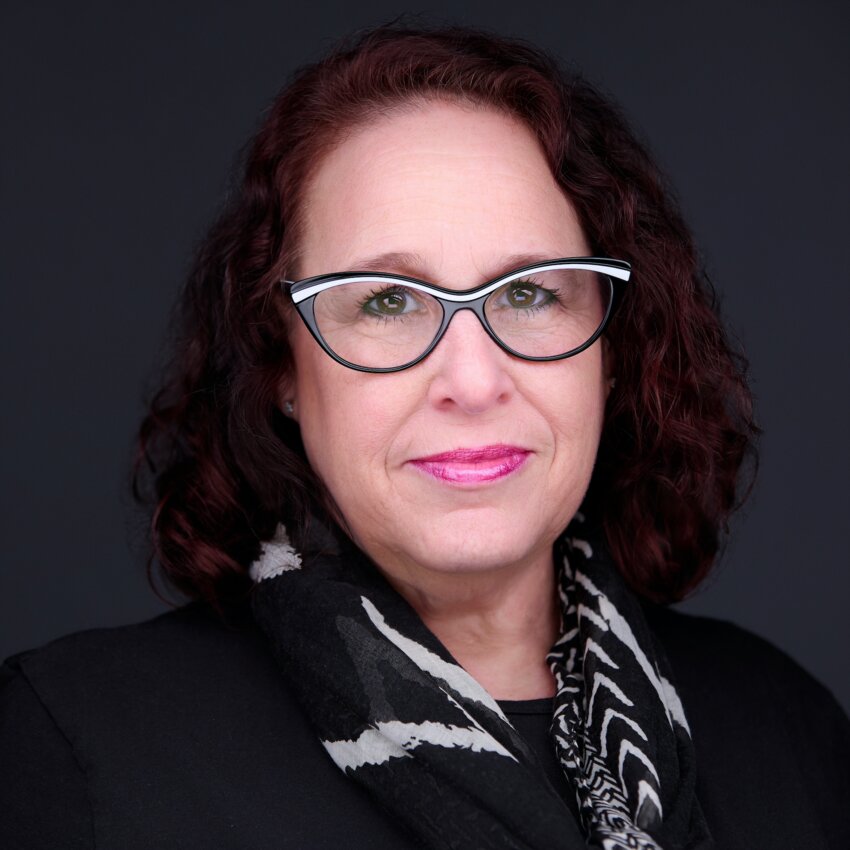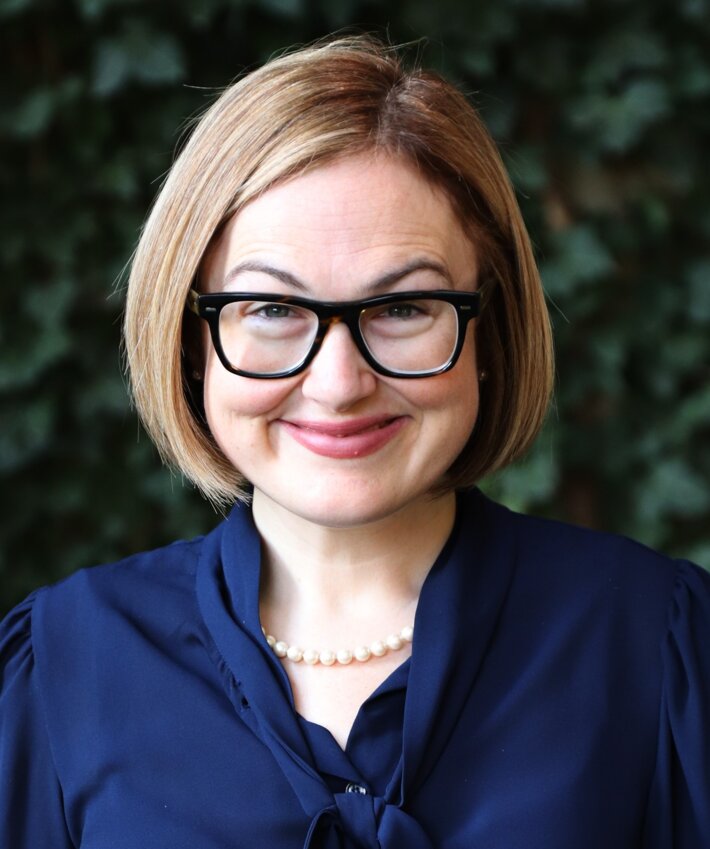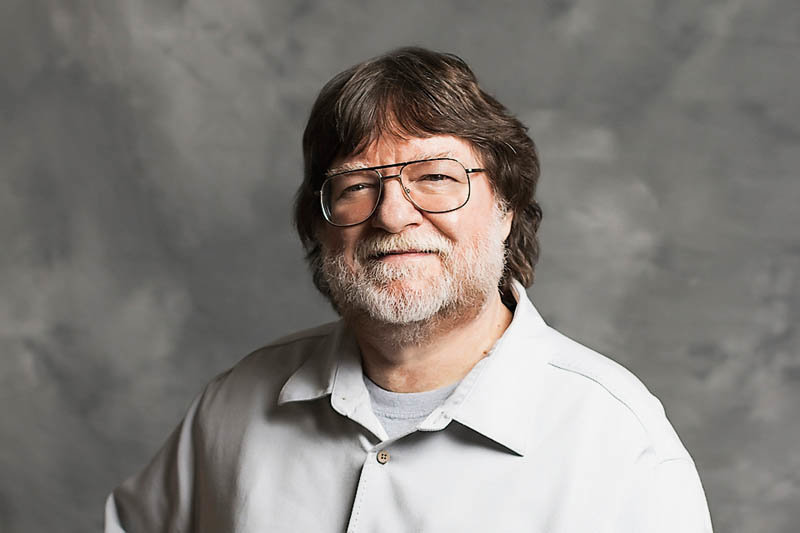With the explosion in the volume of news and other content and the many new platforms publishing that content, many news and media organizations are reinventing themselves to serve more diverse audiences. The Public Radio Program Directors Association (PRPD) recognized the need to rebrand itself in 2022 when its board and President Abby Goldstein developed a new strategic plan. An essential element of that plan was changing its name to the Public Media Content Collective (PMCC), which took effect on Jan. 1 of this year.
“We want to broaden who we serve as an organization. As the PRPD, we did a very good job serving radio program directors. Now, more public radio professionals are responsible for delivering content to audiences,” Goldstein said.
Rebranding itself as a “collective” reflected the need to serve the increasing collaborative relationships across many media outlets and content formats, from audio to video to online print to new digital tools.

“Stations’ audiences are consuming content in many different ways. If your focus is based on a broadcast tower, you will miss opportunities to engage audiences in many places that love what you do,” Goldstein added.
The effects of the pandemic on public media and the influx of programming and content creators new to public media compelled PRPD to develop and offer more virtual training programs and conferences.
After canceling its annual conference for 2024 because of decreasing support from the conference's biggest sponsors, PMCC will host the Audience Development Summit in partnership with Greater Public, a professional development association for public media fundraisers, on Feb. 6 and 7.
PMCC members also will be able to participate in the Digital Content Workshop training program in April. It helps stations transition from traditional broadcasting to expanding their reach into digital platforms.
“We will have a national conference in 2025, and an in-person event is planned for the fall of 2024. Our new website includes a member portal, which is also open to non-members, to connect in unique and interesting ways and to help public media professionals grow their networks and learn from each other,” Goldstein said.
Zoe Clark, interim general manager of Michigan Radio, has been an active member of PRPD since 2015, attending conferences and serving as a member of the advisory board. She is a firm supporter of PRPD’s transition to PMCC.

“What PRPD/PMCC does so well is its amazing training, as well as bringing people together to share what programming and content ideas worked or didn’t work or what I should know before initiating something new. I was a very new and young program director when I first joined Michigan Radio. Having PRPD and fellow program directors who I respected to answer my questions and were willing to offer their advice and expertise and show interest in my thinking was invaluable,” Clark said.
For 40 years, Jacobs Media has provided programming, digital and revenue-generation consulting and research to commercial and public radio stations, including NPR, APM and numerous public media stations. It conducts an annual public radio tech survey with the participation of approximately 60 public radio stations. Paul Jacobs, vice president/general manager since 1991, supports PRPD’s rebranding efforts.
“For public radio stations to continue to serve their local communities in a variety of ways, they must go beyond radio, and content is the trigger. The Public Media Content Collective is aligning with where its members need to go. As the membership takes note and the PMCC continues to make a positive impact, membership will increase,” Jacobs said.
 Bob Sillick has held many senior positions and served a myriad of clients during his 47 years in marketing and advertising. He has been a freelance/contract content researcher, writer, editor and manager since 2010. He can be reached at bobsillick@gmail.com.
Bob Sillick has held many senior positions and served a myriad of clients during his 47 years in marketing and advertising. He has been a freelance/contract content researcher, writer, editor and manager since 2010. He can be reached at bobsillick@gmail.com.
Comments
No comments on this item Please log in to comment by clicking here